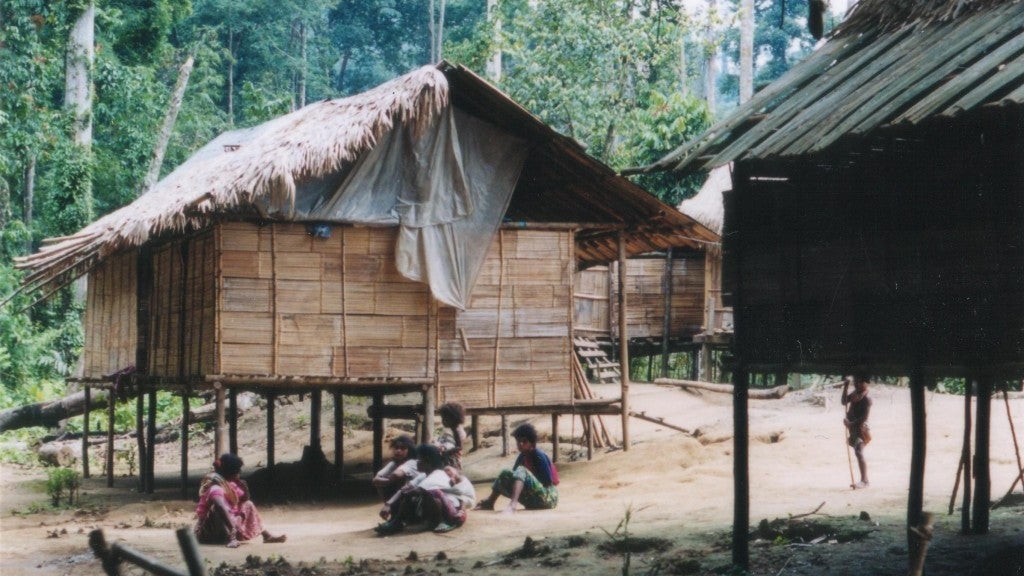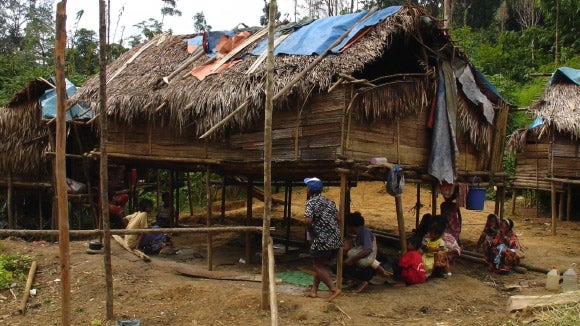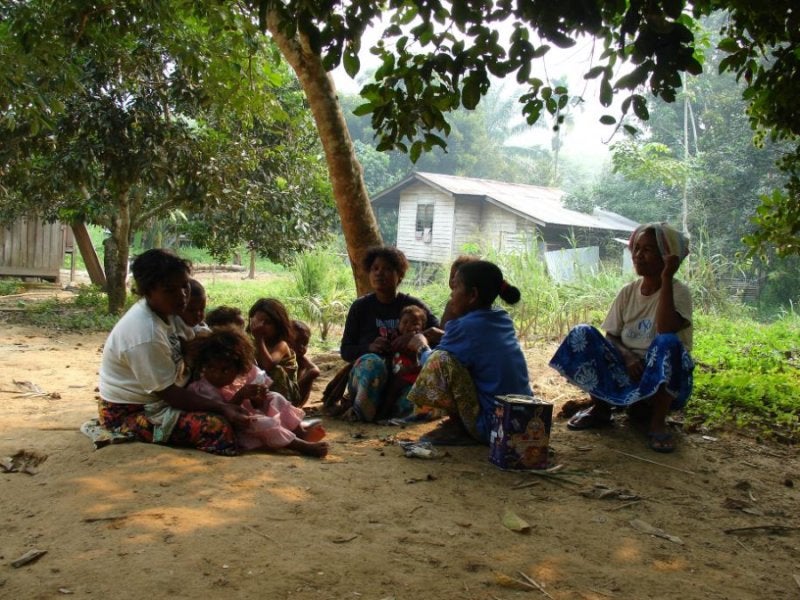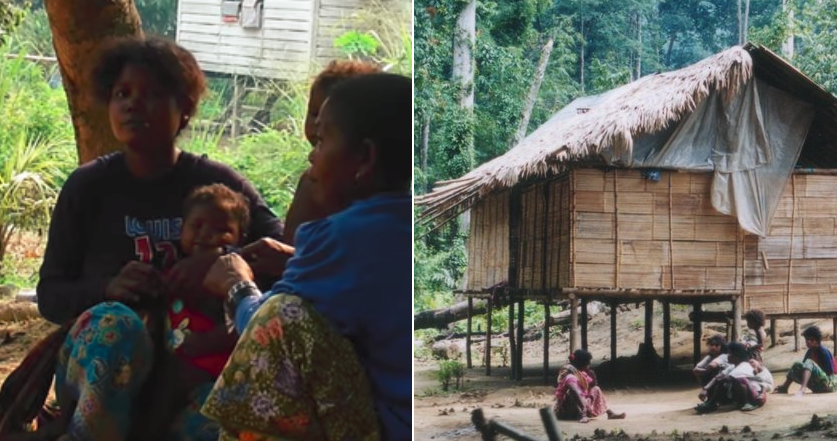There are around 7,106 living languages around the world to date, but nothing beats our rojak, multilingual Manglish!
But did you know that there’s a new language that’s recently been discovered in Malaysia? This new-found language is known as Jedek, as reported by NPR. According to MMO, this minority language is spoken only by a small group of villagers in a resettlement area of Sungai Rual, Jeli, Kelantan, and this language was discovered by Joanne Yager and Niclas Burenhult, a pair of Swedish linguists who hail from Lund University.
The pair was conducting a research on another language (Jahai) for their project “Tongues of the Semang” when they stumbled upon this language. Interesting! Intrigued by it, they decided to conduct a research on it and upon completion, they produced a press release on their find through the Lund University news portal.

Source: wxpr
Now, if you think they were the first researchers in the village, they actually weren’t.
“Jedek is not a language spoken by an unknown tribe in the jungle, as you would perhaps imagine, but in a village previously studied by anthropologists,” said Burenhult, an associate professor of general linguistics and the first researcher to record the language.
Meaning, other anthropologists had conducted researches at that village before but did not realise the existence of the language.

Source: sci news
So, you may be wondering, what did Burenhult and Yager do differently that they discovered and realised the language was different from others?
Well, according to his statement, they had a different set of questions and found something that other anthropologists missed, thus leading them to detect the language.
True enough, the language is indeed special; here are some fun facts about the new-found language.
- Jedek has around 280 speakers only. This means the language has had less exposure to the wider world.
- It belongs to the Aslian languages.
FYI, Aslian languages are a group of languages from the Austroasiatic languages, which a mixed-group of languages containing ‘Malay’ borrowings. - It has no similarities in terms of words, phonemes, and grammatical structure to its supposed cousin, Jahai (a language that is spoken in the neighbouring village, also the language that was studied by the researchers prior). Instead, their words and structures have connections with other Aslian languages in other parts of the Malay Peninsula.
- It is gender neutral. This means that they have fewer pronouns like he/she or his/her in their language.
- The language promotes peace. The language has very little words to describe ownership or professional occupations; instead, their vocabularies are much richer when expressing concepts like exchanging and sharing. Also, their children are actively taught to avoid competition. How nice!
Here, have a listen to what the language sounds like!
[arve url=”https://www.youtube.com/watch?v=2q_UCFS_7a8″ /]
Source: Youtube
Yager, who is a doctoral student, told NPR that Jadek wasn’t known by many scholars nor common people. They didn’t know the language even existed!
She added that the possible reason the language wasn’t discovered is that the formerly nomadic speakers didn’t have a consistent name for it. In fact, the term Jedek actually came from one of the several terms the speakers used.
However, with so little people speaking it, there could be a possibility of the language being endangered, right? Well, you’d be happy to know that it is not!
Surprisingly, despite being spoken by a very small community, the Jedek language is not threatened by extinction, unlike other minority languages. This is because their children still learn the language and thus, the language will be carried forward to future generations.
Fun fact: Education is one of the ways languages travel and persist through time.

Source: sciencedaily
With that being said, this isn’t the first time a new language had been discovered in a secluded part of the world. Just a few years ago, another new language in Arunachal Pradesh, India was discovered. Still, what’s the point of knowing all of this, you ask? Well, this is important because to know that there are more languages than the ones we know, is to know that diversity is real and we should protect it at all cost!
Also read: ‘Hangry,’ ‘Swag’, and 5 Other Unexpected Words Are Now Officially in The Oxford Dictionary








































